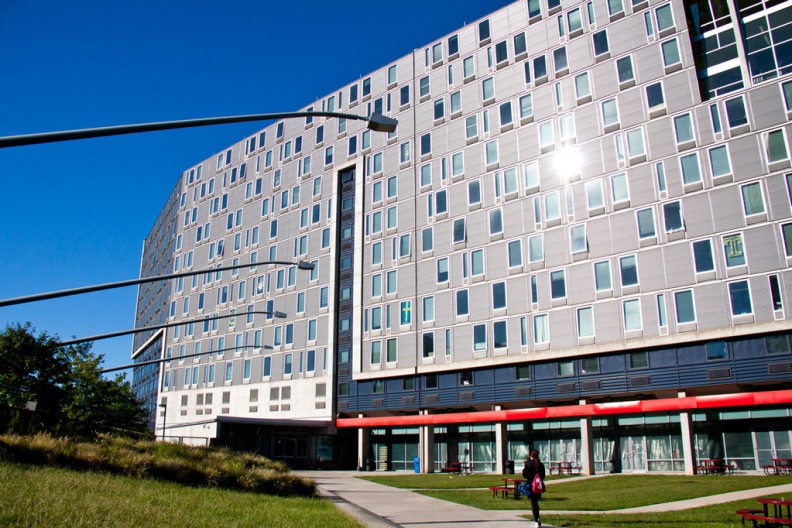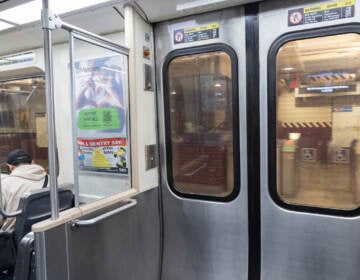May 19: ‘Edge’ headed for default | Uber testing self-driving cars in PGH | Questioning OPA land assessments

The 11th annual Ride of Silence was held last night, writes Taunya English, commemorating the ten cyclists killed in the Philadelphia area last year, most of them on city streets. Mayor Jim Kenney’s transition report recommended establishing a Vision Zero Task Force by this summer, which would operationalize Kenney’s campaign promise to halve traffic deaths in the city by 2020, but there’s been little word out of the administration about this.
The Edge, a 799-unit student housing building near Temple, appears headed for default, reports Joe DiStefano. Built in 2006, the building began losing students when Temple opened new dorms close by, and has had negative cash flows since 2013, DiStefano says.
PennDOT gave approval to Uber to test self-driving cars on Pittsburgh’s city streets and hills, reports Aaron Aupperlee. Uber opened an Advanced Technology Center at Carnegie Mellon University six months ago. John Bares, head of Uber’s lab there, told Aupperlee the city’s topography and poorly-maintained infrastructure make it a challenging place to test the technology.
Wonky but important: Ruokai Chen questions OPA’s land valuation methods in an op-ed at the Spirit. “While it’s true that land contributes a certain amount of value to the overall property, I’ll suggest this value is fairly fixed and not dependent on what improvements are made on it, and direct valuation of land is a superior technique.”
AIA Executive Director Rebecca Johnson sings the praises of Philadelphia architecture in an Inquirer op-ed timed for AIA’s national conference in Philly this week. “Some claim that architectural excellence has not soared along with the construction boom, but the fact is that several of the world’s best architects have designed buildings here in Philadelphia in recent years.”
A new Access report says city airports have two options for managing airport congestion–expanding infrastructure and managing demand–and they’re largely ignoring the cheaper, more environmentally friendly demand management option. “Demand management holds great potential for airline and airport cost savings and reduced environmental impacts,” the report says, “Strengthening the role of regional planners in the airport planning process would lead to greater consideration of demand management and may bring innovative solutions to airport congestion.”
WHYY is your source for fact-based, in-depth journalism and information. As a nonprofit organization, we rely on financial support from readers like you. Please give today.






